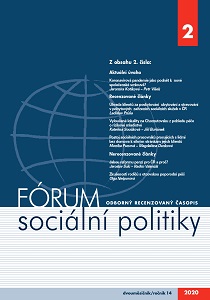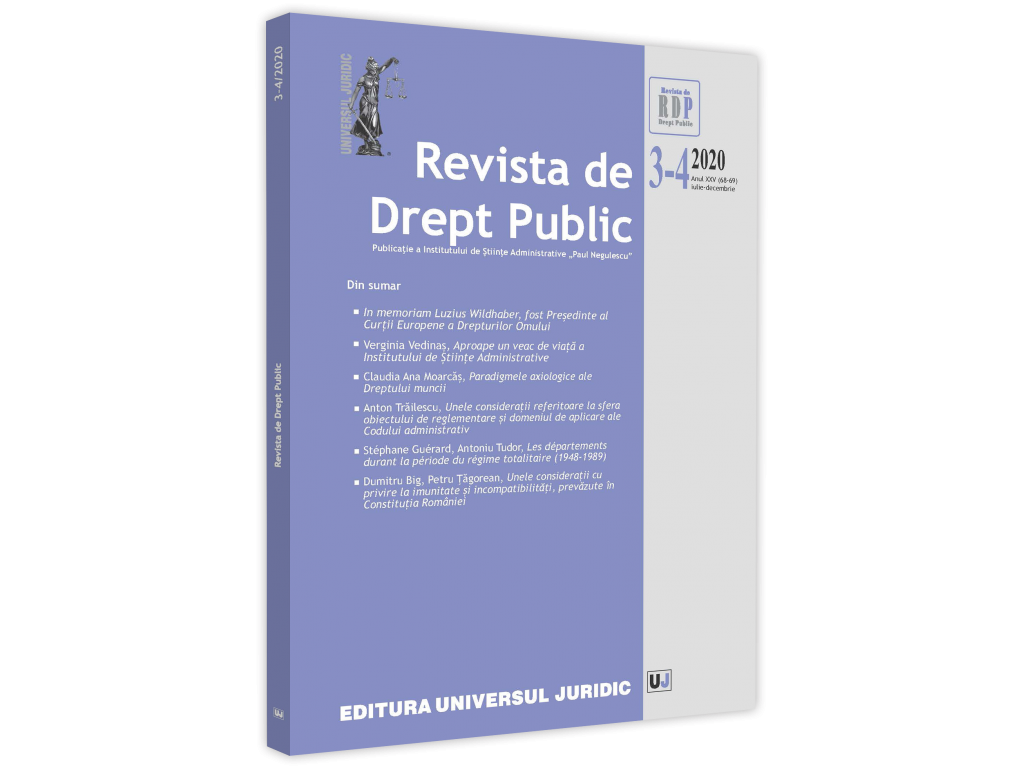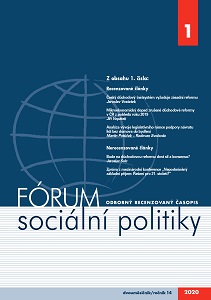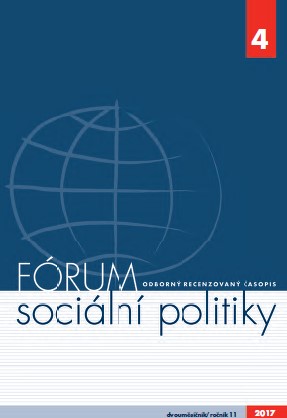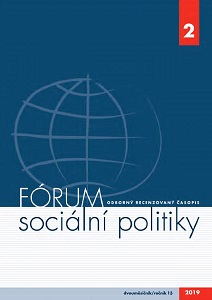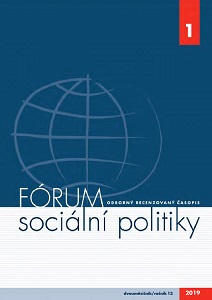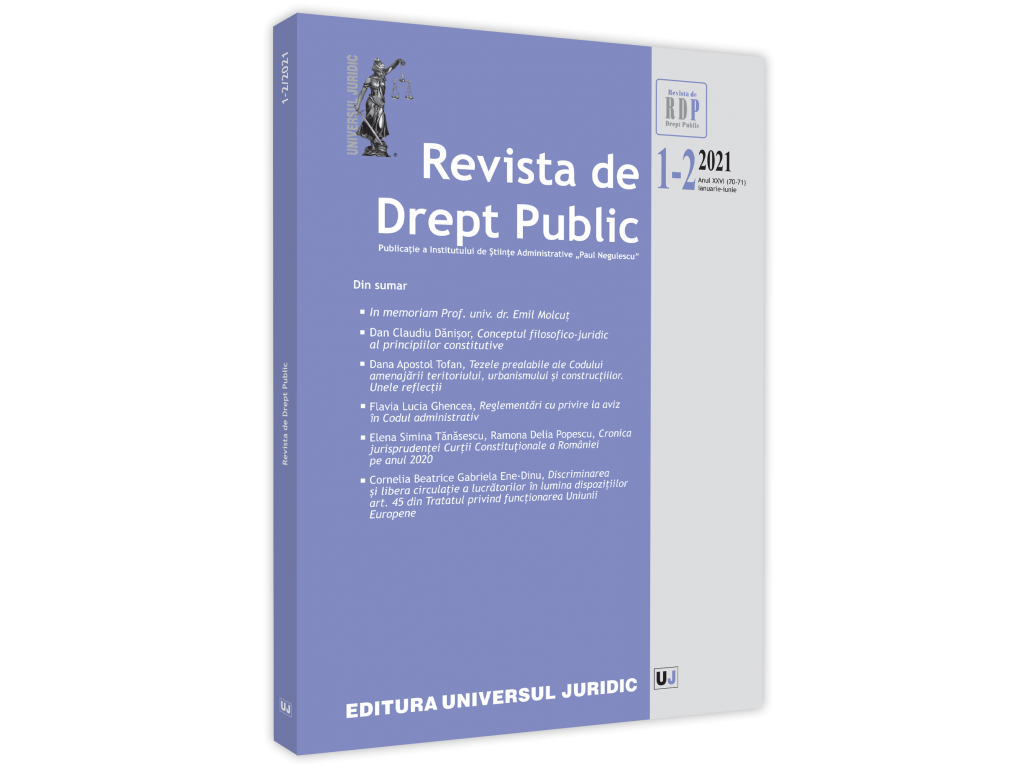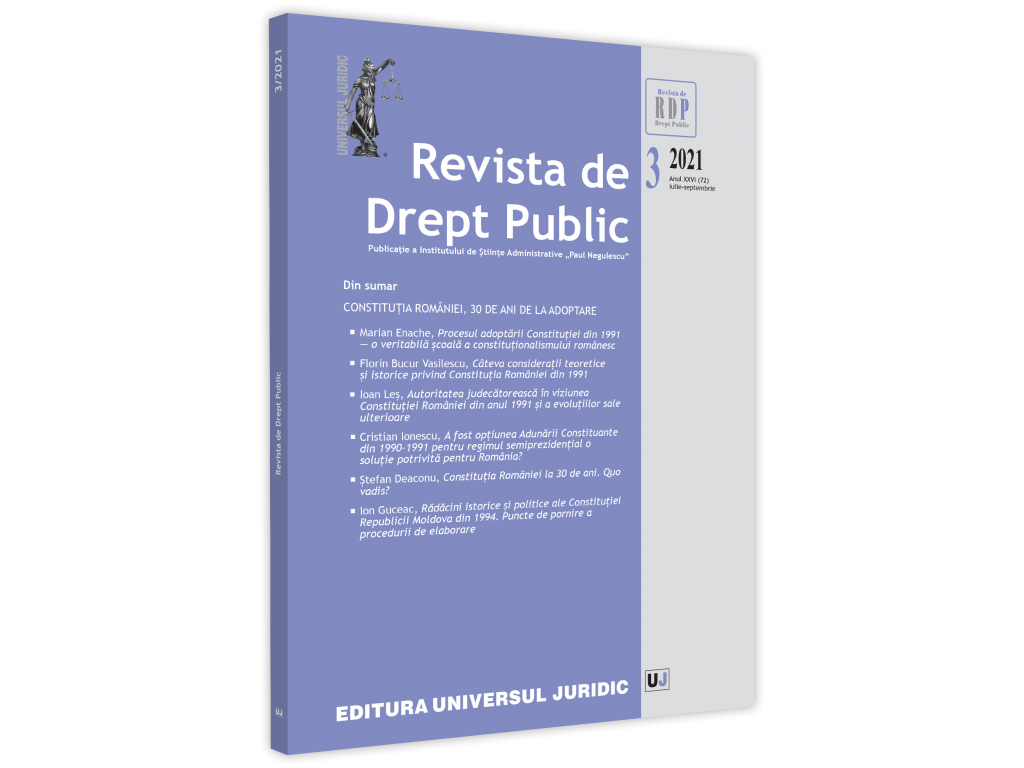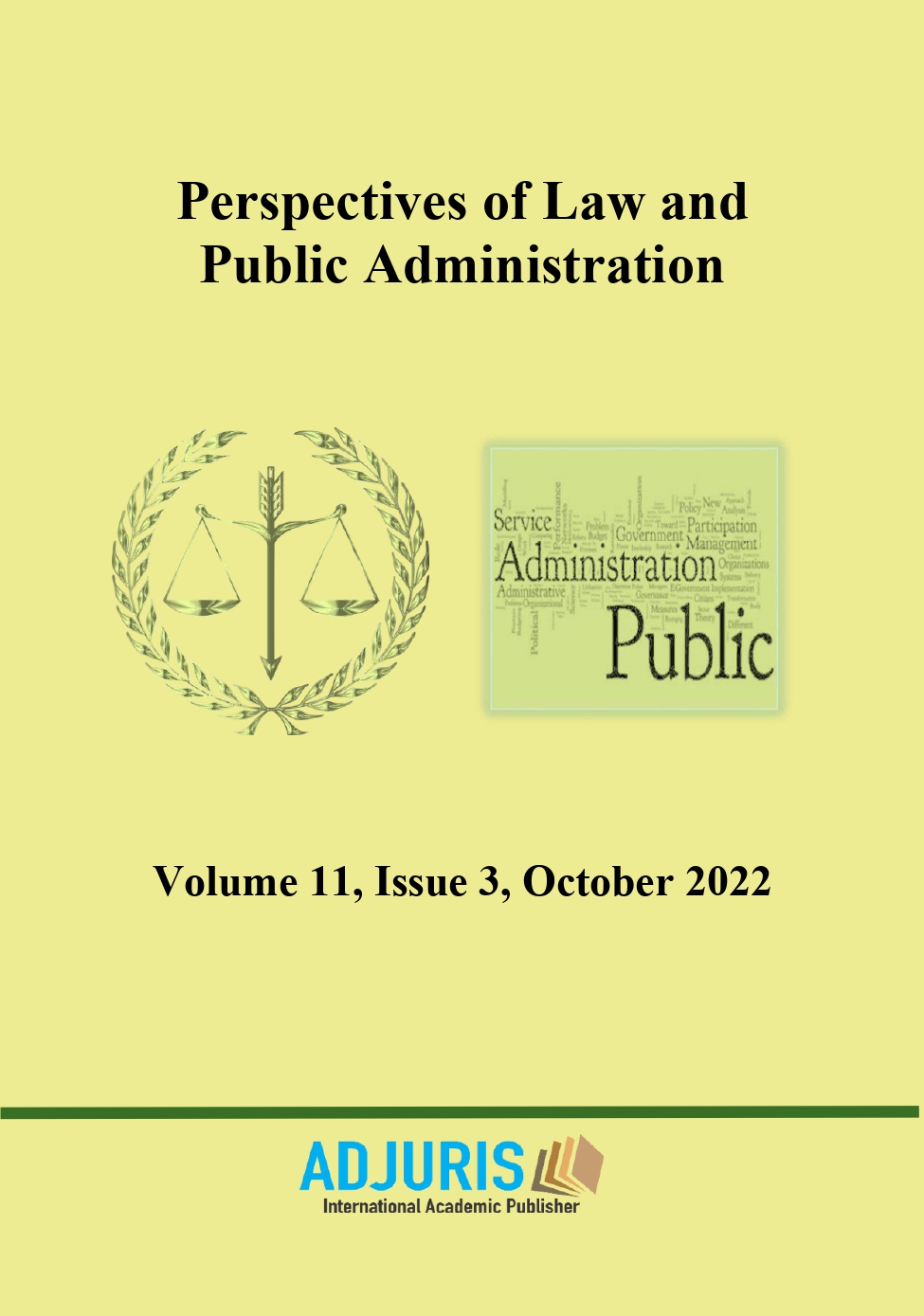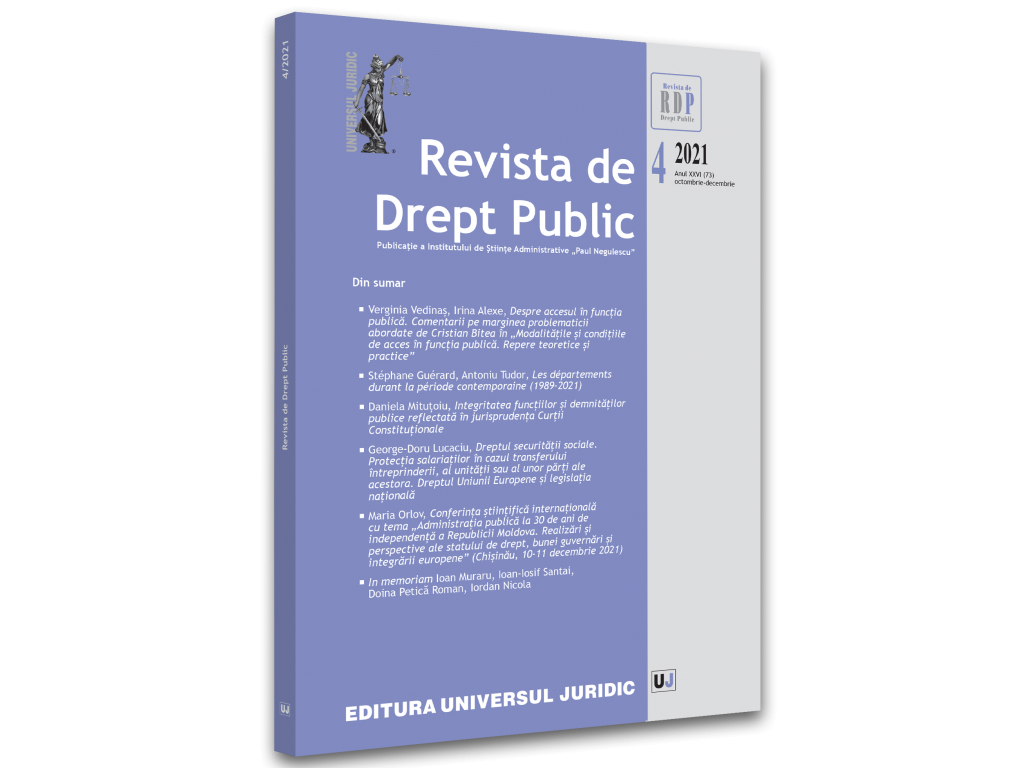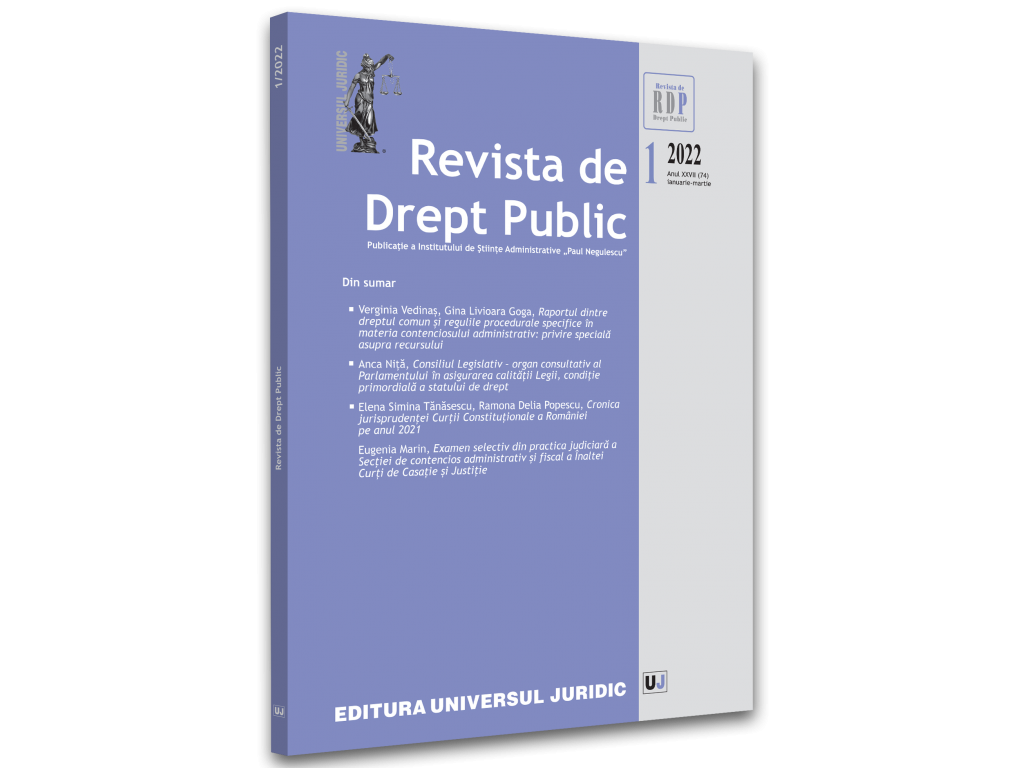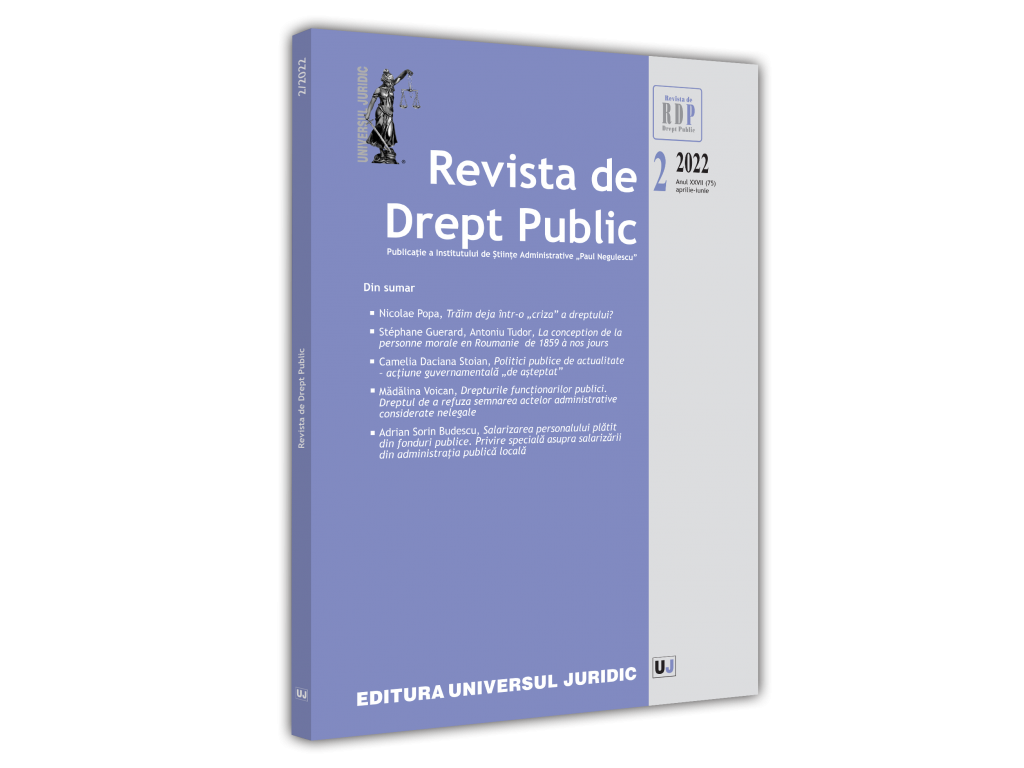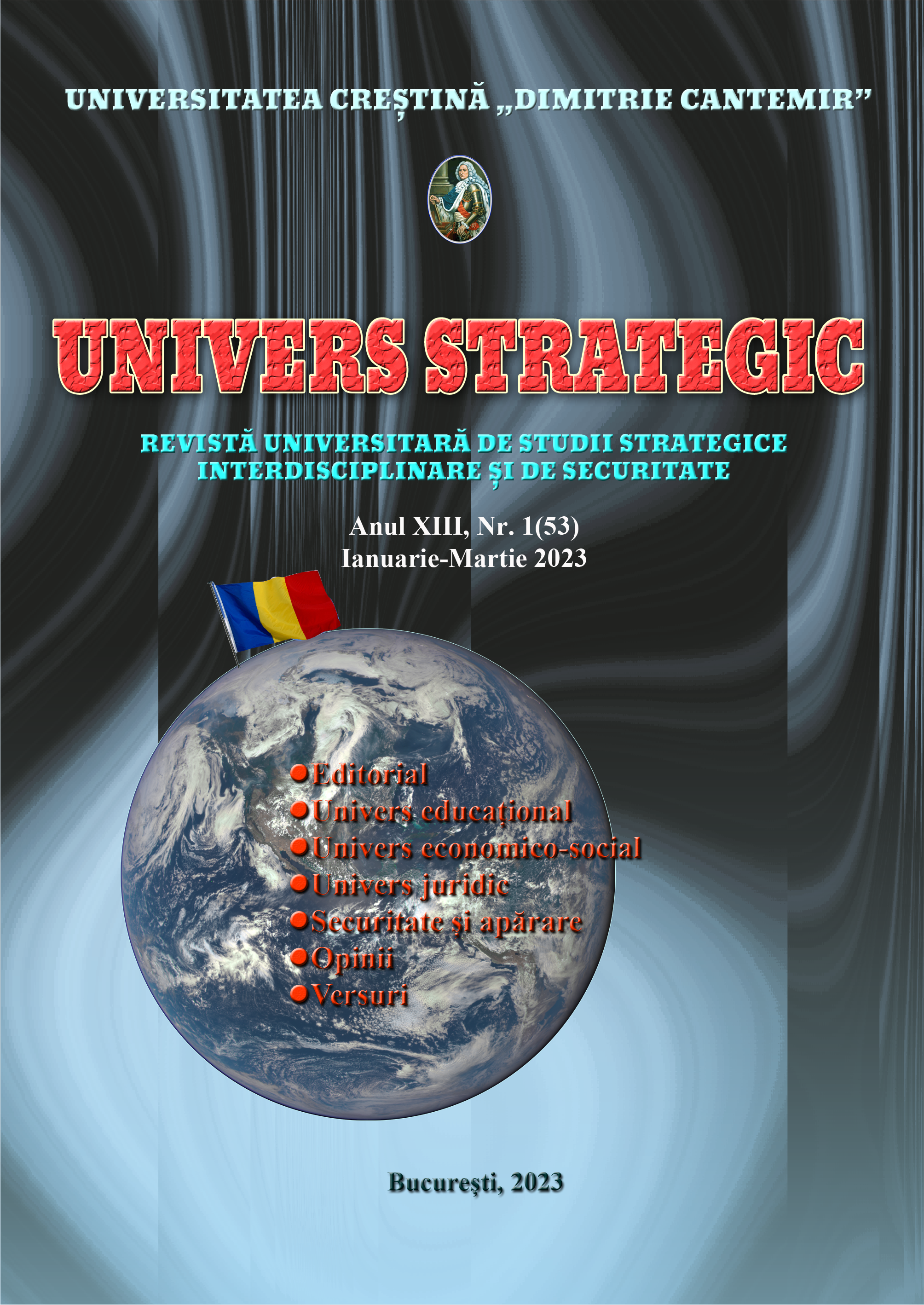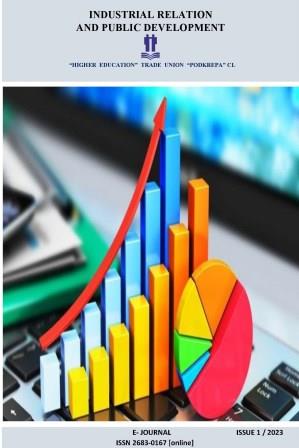Author(s): Adrian Sorin Budescu / Language(s): Romanian
Issue: 02/2022
The remuneration of staff paid from public funds has been and is a major topic of interest for both public opinion and public policy promoters. What characterizes the post-December period is the permanent desire for reform in the field of public administration in general, but especially in the field of pay, being claimed, at least at the declarative level, the desire to achieve a normative framework with a unitary salary. The main objective that of having an organic law as a statute and a special law for civil servants could not be achieved. The categories of staff (dignitaries, civil servants, and contract staff) that have benefited over time from separate pay systems whose integration into a unitary system have proved difficult for the legislator. The local public administration has always been in the basement of payroll systems. In the face of these legislative optimism, even through the liberalization of salaries in the local public administration, the Government came up with the idea of outsourcing public policies in the field by putting up for auction the unitary salary project. Currently, the most affected sector of the budget salary is that of the local public administration. There are differences generated by the liberalization of the salary system at this level of public administration, through the possibility for local authorities to establish salaries at the level of administrative units by decisions of local councils. The annual capping of salaries by government decisions has led to the non-unitary application of salaries, some local councils considering that it is the entire staff of the Administration family, others not. The understanding of the legislative context, of the mechanisms and principles of remuneration is made starting from the intention of the legislator to implement a modern remuneration system through the Framework Law no. 153/2017, which, in compliance with the principle of local autonomy, tried to implement for the first time the principle of wage liberalization on meritocratic criteria in the local public administration. This follows from the systemic and teleological interpretation of the normative acts invoked above. We appreciate that both the mayor's and the deputy mayor's allowance, as well as the salaries of civil servants and contract staff in the „Administration” occupational family, are established by multiplying the corresponding coefficients with the last value of the minimum gross salary, as established by regulations in force. The lack of unitary points of view, the lack of a coherent judicial practice, the systematic cutting (over 135 changes in 5 years!) Of a newly created normative framework, all these, potentiated by economic restrictions or public policies without continuity, led to the total failure of the unitary system of remuneration of the personnel paid from public funds, with the demotivation, indignation and artificial antagonism of the personnel categories.
More...
